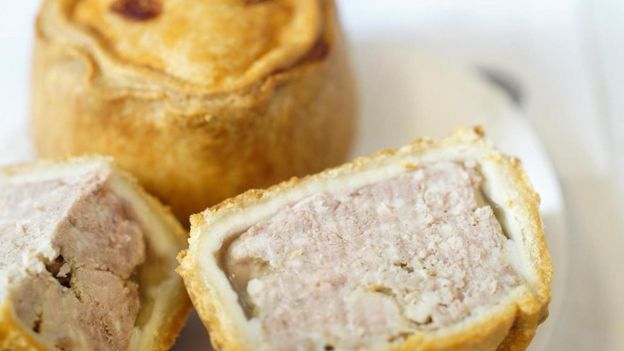Join the Conversation
“It's time for the annual DealBook closing dinner column, and while there are a few winners to be highlighted, Andrew Ross Sorkin finds the list of losers to be a bit longer.”
eat crow
Also, eat dirt or humble pie. Be forced to admit a humiliating mistake, as in When the reporter got the facts all wrong, his editor made him eat crow. The first term's origin has been lost, although a story relates that it involved a War of 1812 encounter in which a British officer made an American soldier eat part of a crow he had shot in British territory. Whether or not it is true, the fact remains that crow meat tastes terrible. The two variants originated in Britain. Dirt obviously tastes bad. And humble pie alludes to a pie made from umbles, a deer's undesirable innards (heart, liver, entrails). [Early 1800s] Also see eat one's words.
與此同時,"Eating humble pie"("食用謙卑的餡餅")來自中世紀的獵鹿活動,當時獵來的肉是以社會地位尊卑來進行分配的。最好的鹿肉分給權貴,而下等人只能得到"nombles",這是諾曼法語(Norman French)中表示鹿內臟的詞匯。 "內臟"派英語化後成為"謙卑的"派。
幾個世紀以來,派一直為英語增添豐富的韻味。 即使是莎士比亞(Shakespeare),也在他1613年的劇目《亨利八世》中寫道:"沒有任何人的派能逃離他野心勃勃的手指"("No man's pie is freed from his ambitious finger"),於是就給英文引進了一個短語"a finger in every pie" ("在每個派裏都粘一指頭")。(意思是參與了很多不需要參與的事情)
 BRITISH PIE AWARDS
BRITISH PIE AWARDS
同時,醉酒狀態被形容為"pie-eyed"("派眼大睜"),很可能是由某個過度飲酒的人那裏引申而來,這人眼睛大張而空洞,好像餡餅頂部的開口一樣。短語"As easy as pie" ("像餡餅一樣簡單",意思是極容易),它首次在1886年的賽馬報《體育生涯》(Sporting Life)中被記載為"like eating pie"("就像吃餡餅"),源自餡餅作為方便食物的歷史角色。
innards
pl.n. Informal.
- Internal bodily organs; viscera.
- The inner parts, as of a machine.
[Alteration of inwards, pl. of INWARD.]
1 則留言:
'The Pale King'
By DAVID FOSTER WALLACE
Reviewed by TOM McCARTHY
David Foster Wallace's coherent, if uncompleted, posthumous novel is a grand parable of "late capitalism" set in the innards of the Internal Revenue Service.
張貼留言